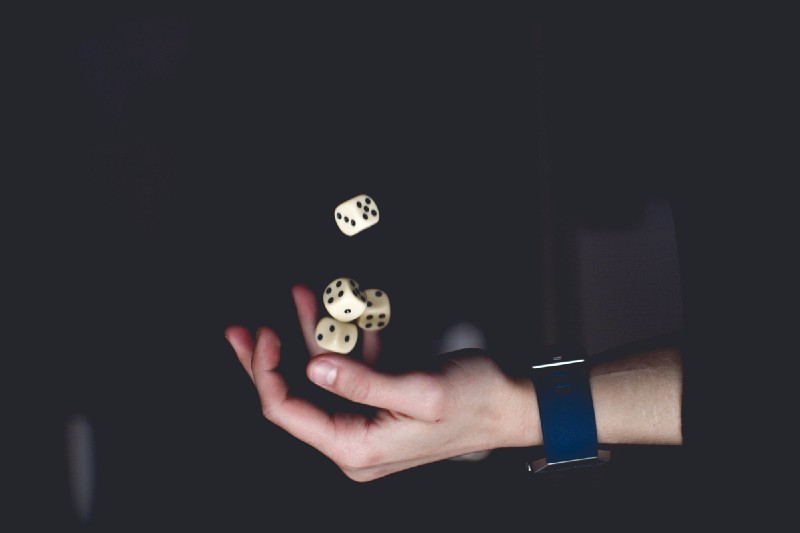Thinking in Bets (part three)
Scientific thinking consists in avoiding all the illusory aspects of reality to focus on the ground truth, the crude factual reality. And to achieve it, being a poker player or a decision-maker, you must go around all the pitfalls that reality, society, and your ego veil in order to make your life soft and sweet. To avoid it, and go towards the principal point of the book thesis, Mrs. Duck recommends framing your decision analysis like a bet as the definitive turning point to leverage up our decision-making.
The solution: face incomplete games like bets
 .
.
For the purposes of this text, let’s consider that, if some outcome results into an outcome in a reproducible way, it is a result of skill. If an outcome occurs as a result of things that we cannot predict, then they are due to luck. In such a situation, any learning process becomes increasingly complex, as we discussed in past sessions.
The decision structure aforementioned of a) having a belief then b) making a decision and then c) having an outcome (or a set of them). Framing it like a bet changes the process to be a) having a belief then b) betting on it and so c) having an outcome (or a set of them).
The point here is that a totally different mindset springs out when, instead of saying your opinion, you are invited to make a bet on some outcome.
Why? There are some reasons. First because when we make a bet, we refine our beliefs in a way that we make explicit what is already implicit considering the risk exposure. It pushes us to field outcomes more objectively into the appropriate buckets because no one wants to lose a bet. It enforces perspective-taking and requires a more open-minded exploration of alternative hypotheses and a consideration of the opposite routines of self-serving bias. Acting as that moves us close to the truth of the matter. In addition, it plays with our ego. The desire to win bets makes us relentlessly strive to calibrate our beliefs and predictions about the future to more accurately represent the world. Winning feels good, and it is always a positive update to our personal narrative. Moreover, behavioral psychologists found that losing feels about twice as bad as winning feels. It hurts.
A bet is a form of accountability. In the long run, the more objective person will win against the more biased person .It is the obligation to answer for our actions of believed to others. If we are in love with our own opinions, it can cost us a bet. It is skin in the game in the form of social accountability among our pairs.
The prospect of a bet makes us examine and refine our beliefs, in this case, the belief about whether luck or skill was the main influence in the way things turn out. When we treat outcome fielding as a bet, it pushes us to field outcomes more objectively and in the appropriate buckets because that is how bets are won.
Final considerations
This essay does not aim to exhaust the subject. The reference book Thinking in bets can lead the interested reader in deep details about framing their decisions in incomplete games, as well as organizing teams and systems where this mindset flourishes almost organically. For instance, the “Buddy systems”, “dissent channels” and “recruiting yourself from the future” are some examples that can help you to create an environment of accountability and true learning when facing incomplete information situations.